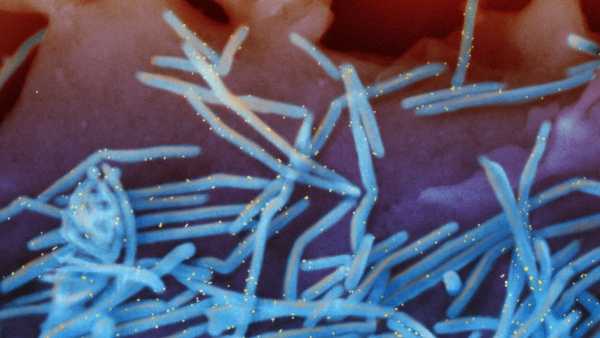
Last Updated:
High-risk foods include eggs, fish, paneer, and dishes like momos, which often contain old salad, creating an environment for bacteria and viruses to thrive. (AP/ Representative image)
A young man in Sagar, Madhya Pradesh was preparing for his wedding when, just 10 days before the ceremony, both his legs became numb. His family rushed him to a private hospital, where doctors suspected he might be suffering from Guillain-Barre Syndrome (GBS), a disease currently spreading in Pune. He was referred to Bhopal for further tests, causing widespread concern. However, after undergoing several tests over three days, his results for GBS came back negative. He is now receiving treatment in Nagpur.
Meanwhile, the rare disease continues to spread rapidly in Pune, with over 100 reported cases and two fatalities.
Local18 spoke to Dr Sumit Rawat, a renowned microbiologist in Madhya Pradesh, about the nature of the disease, its dangers, symptoms, and preventive measures. Dr Rawat is the head of the microbiology department at Bundelkhand Medical College, Sagar.
According to Dr Rawat, Guillain-Barre Syndrome (GBS) is a condition triggered by consuming contaminated food or water. Infection can occur when sewage or drain water mixes with drinking water, or when food is contaminated by flies or poor storage conditions. High-risk foods include eggs, fish, paneer, and dishes like momos, which often contain old salad, creating an environment for bacteria and viruses to thrive.
Dr Rawat stated that there are two primary types of bacteria and viruses responsible for the spread of GBS. The first is Campylobacter, commonly found in dirty water during this season and often present in street foods like pani puri. The second is Norovirus, which consists of both bacterial and viral strains. Influenza viruses, which spread through coughing and sneezing, can also contribute to GBS.
This syndrome usually begins with a fever. Many people take over-the-counter medication, assuming they are fine once the fever subsides. However, the real danger lies in the subsequent symptoms:
If the disease reaches the lungs, breathing becomes difficult, often requiring ventilator support. In severe cases, if left untreated, GBS can be fatal.
With the changing season, it is crucial to avoid contaminated food and water. Proper hygiene, careful food handling, and avoiding high-risk street food can reduce the risk of infection. Awareness and early diagnosis play a key role in preventing severe complications.
Sagar, India, India